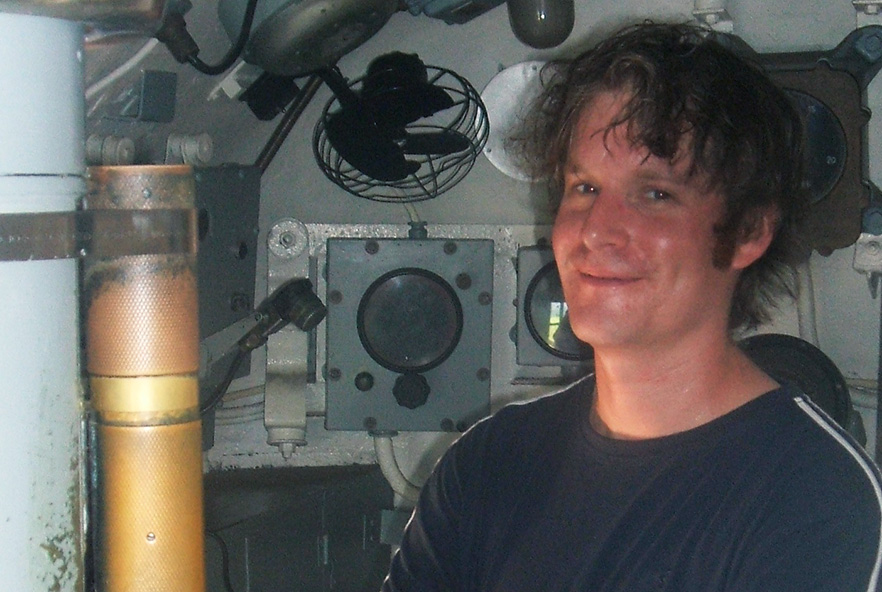
Dr Andrew Bagshaw's final scientific research paper, published posthumously, reveals previously unknown insights into how DNA sequences bend.
The late Dr Andrew Bagshaw has had his final scientific research paper published posthumously, a matter of weeks after his tragic death while volunteering as an aid worker in war-torn Ukraine.
The new study, led by geneticist Dr Bagshaw during his time as a researcher within the University of Otago's Department of Anatomy, breaks new ground in humanity's understanding of how DNA sequences bend and change.
Published in the prestigious journal Nucleic Acids Research, the study has shown that DNA sequences bend and twist in ways which were previously unknown.
Dr Bagshaw's paper was supervised by the Department of Anatomy's Professor Neil Gemmell, the current Acting University of Otago deputy Pro Vice-Chancellor of the Division of Health Sciences.
Professor Gemmell says Dr Bagshaw's last finding was an important technical discovery, spanning the fields of genetics, biochemistry and biophysics, with the potential to benefit human health in future years.
“Andrew's remarkable work could lead to a better understanding of how genetic diseases arise and how they can be treated. It also opens up new avenues for research into the mechanics of DNA and could ultimately lead to the development of new technologies for manipulating DNA.”
“This paper reflects the work of someone who was exceptionally talented, able to synthesise a great deal of information from subdisciplines and disciplines that don't always connect as directly as you might imagine, to address how DNA bends and changes, in a new and innovative way,” says Professor Gemmell.
“Andrew possessed extremely strong analytical skills and was easily one of the most extraordinary students I have trained. This, his final body of work, is a lasting legacy to a scientist of immense promise and ability.”
Professor Gemmell says Dr Bagshaw's work reveals that DNA is bending in a way nobody knew about before.
“This new insight is important because DNA "secondary structures" can affect how genes are turned on and off, and the way a DNA sequence is bent influences its propensity to change or “mutate””.
The paper reveals that DNA sequences bend more in regions that are rich in the nucleotides cytosine and guanine, and that bending is particularly pronounced at the start of a sequence, the so-called 5' end. Dr Bagshaw also observed that where sequences are predicted to bend the most is where changes or "mutations" in the DNA are more likely to happen. These findings help establish how DNA functions, how it changes over time, how it folds, and how it is packaged into cells.
Dr Bagshaw, whose death was confirmed in late January, had been working as a volunteer in Ukraine since April last year.
The 47-year-old, along with British colleague Chris Parry, were killed whilst attempting to rescue an elderly woman from Soledar - an area of intense military action in Eastern Ukraine.
Dr Bagshaw completed a PhD in Genetics at the University of Canterbury before joining the University of Otago, Christchurch's, Department of Pathology and Biomedical Science in 2008.
